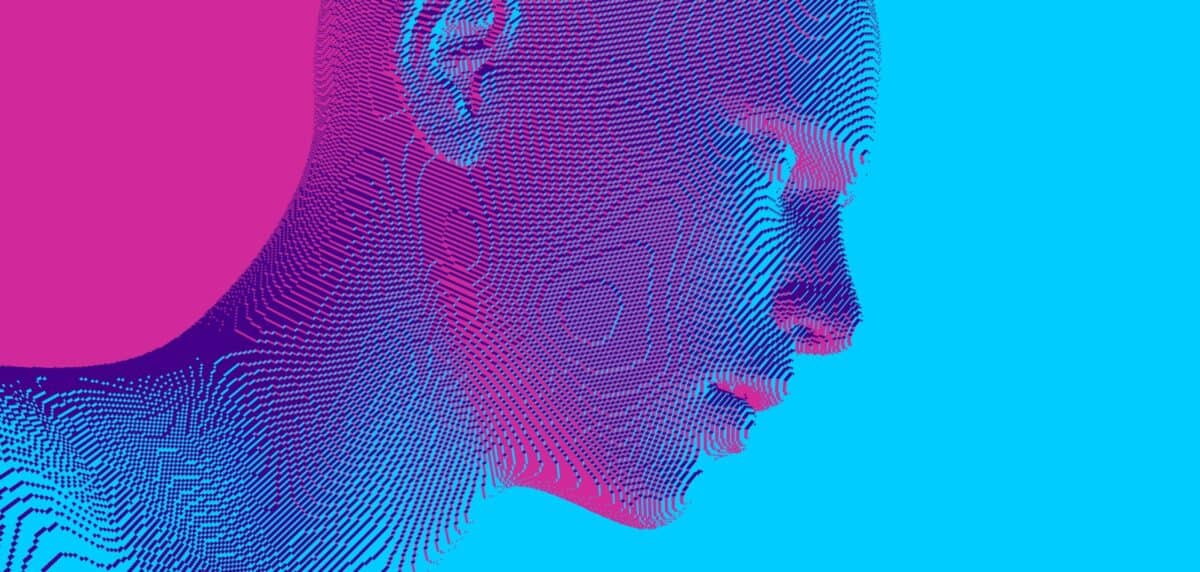Artificial Intelligence: Revolutionising Industries
Artificial intelligence (AI) has made significant strides in recent years, and 2023 is no exception. From healthcare to transportation, AI is revolutionising various industries, making processes more efficient, cost-effective, and accurate. In this article, we delve into the myriad ways AI is transforming the world around us in 2023.
Healthcare: Diagnosis and Treatment
AI’s impact on healthcare cannot be overstated. It has improved diagnostic accuracy, leading to better patient outcomes. Machine learning algorithms can now identify patterns in medical images that may be missed by human eyes, leading to early detection of conditions such as cancer and neurological disorders.
Moreover, AI-driven drug discovery accelerates the development of new treatments, reducing costs and time-to-market. Personalised medicine is becoming a reality, thanks to AI’s ability to analyse vast amounts of patient data and tailor treatments accordingly.
Transportation: Autonomous Vehicles and Traffic Management
The transportation industry is being revolutionised by AI, with autonomous vehicles taking centre stage. Self-driving cars are becoming more commonplace, offering a safer and more efficient means of transport. AI-powered traffic management systems analyse real-time data to optimise traffic flow, reduce congestion, and minimise accidents.
Agriculture: Smart Farming and Crop Management
AI is playing a vital role in addressing global food security challenges. Smart farming techniques employ AI-driven data analysis to optimise crop growth and resource management. AI-powered drones and robotics are used for precision agriculture, allowing farmers to target specific areas with fertilisers, pesticides, and water, reducing waste and improving crop yields.
Finance: Fraud Detection and Personalised Banking
The financial sector is reaping the benefits of AI’s ability to analyse vast amounts of data and identify patterns. AI is instrumental in detecting fraudulent activities, enabling banks to protect their customers’ assets more effectively. Personalised banking services are now possible, with AI analysing customer behaviour and preferences to offer tailored financial advice and product recommendations.
Manufacturing: Automation and Quality Control
AI-powered automation in manufacturing has led to increased efficiency, reduced waste, and improved product quality. Robotics and machine learning algorithms work together to streamline production processes, allowing for faster production times and reduced human error. AI’s ability to analyse data from sensors and cameras ensures that quality control is more accurate and reliable.
AI and Ethics: Navigating the Challenges
As AI continues to shape the world in 2023, ethical considerations must be addressed. Issues such as data privacy, algorithmic bias, and job displacement require careful consideration and regulation to ensure that AI’s benefits are equitably distributed and its potential harms mitigated.
Data Privacy and Security
With AI’s reliance on vast amounts of data, data privacy and security are of paramount importance. Strict regulations and industry best practices must be implemented to protect personal information and prevent data breaches.
Algorithmic Bias and Fairness
AI systems are only as unbiased as the data they are trained on. To avoid perpetuating and amplifying societal biases, it is crucial to ensure that AI algorithms are developed and trained with fairness and transparency in mind.
Job Displacement and the Future of Work
While AI has created new job opportunities, it has also led to job displacement in some sectors. As we continue to integrate AI into the workplace, it is essential to invest in education and skills development to prepare workers for the jobs of the future.
Embracing the AI Revolution
The transformative impact of AI is undeniable. As we continue to harness its potential, we must navigate the associated challenges and ensure that its benefits are realised responsibly and equitably. By working together, we can shape a world where AI serves the greater good and improves the quality of life for all.
Education: Personalised Learning and Access
AI is paving the way for a more personalised and accessible approach to education. Adaptive learning platforms use machine learning algorithms to tailor educational content to individual students’ needs, making it easier for them to grasp complex concepts at their own pace. Moreover, AI-powered translation and transcription tools break down language barriers, providing greater access to educational resources for students worldwide.
Environment: Climate Change and Conservation Efforts
AI plays a vital role in addressing pressing environmental challenges, such as climate change and biodiversity loss. AI-driven climate models provide more accurate predictions of future climate scenarios, enabling policymakers to make informed decisions. In addition, AI-powered drones and sensors help monitor and protect endangered species, track illegal activities, and assess habitat health.
Entertainment: Virtual Reality and Content Creation
The entertainment industry has embraced AI to create more immersive and personalised experiences. Virtual reality (VR) and augmented reality (AR) technologies are being enhanced with AI to create realistic environments, characters, and interactions. AI-generated content, such as music, art, and literature, is becoming more sophisticated, offering new creative possibilities for artists and creators.
AI and the Gig Economy: The Rise of Freelance Work
AI is transforming the nature of work, particularly within the gig economy. Freelance platforms powered by AI algorithms efficiently match freelancers with clients and projects, enabling more people to work independently and flexibly. This shift towards a more agile workforce has the potential to increase productivity and job satisfaction, as well as to stimulate economic growth.
Preparing for an AI-Driven Future
To fully embrace the opportunities and navigate the challenges presented by AI, we must invest in research, development, and collaboration. Fostering a culture of innovation and learning will be crucial in ensuring that we can adapt to the rapidly evolving AI landscape and harness its potential to shape a better future for all.
In conclusion, AI’s impact on the world in 2023 is profound, touching nearly every aspect of our lives. By understanding and embracing these changes, we can harness the power of AI to create a more prosperous, equitable, and sustainable world. The possibilities are endless, and the future is undoubtedly exciting.


